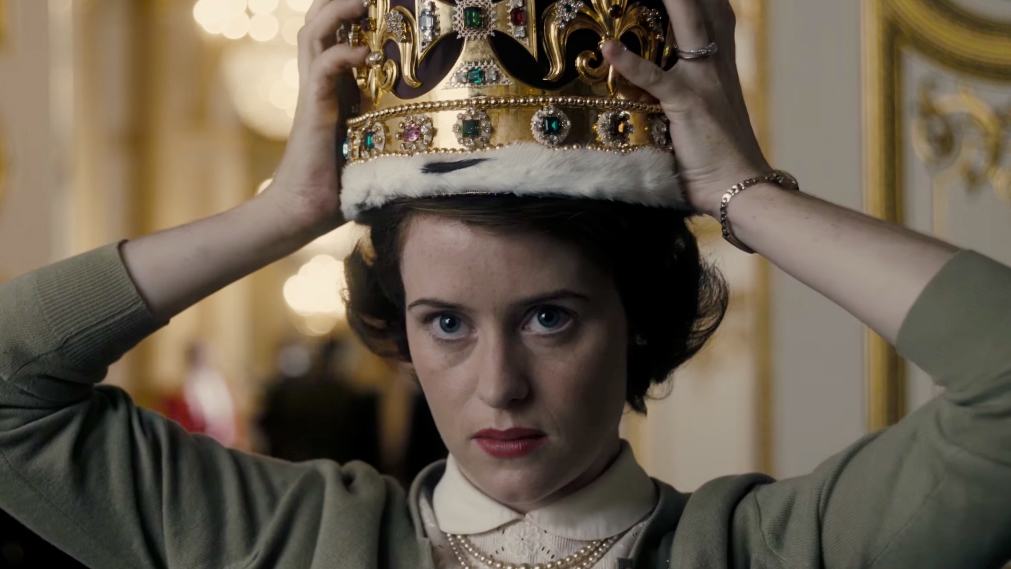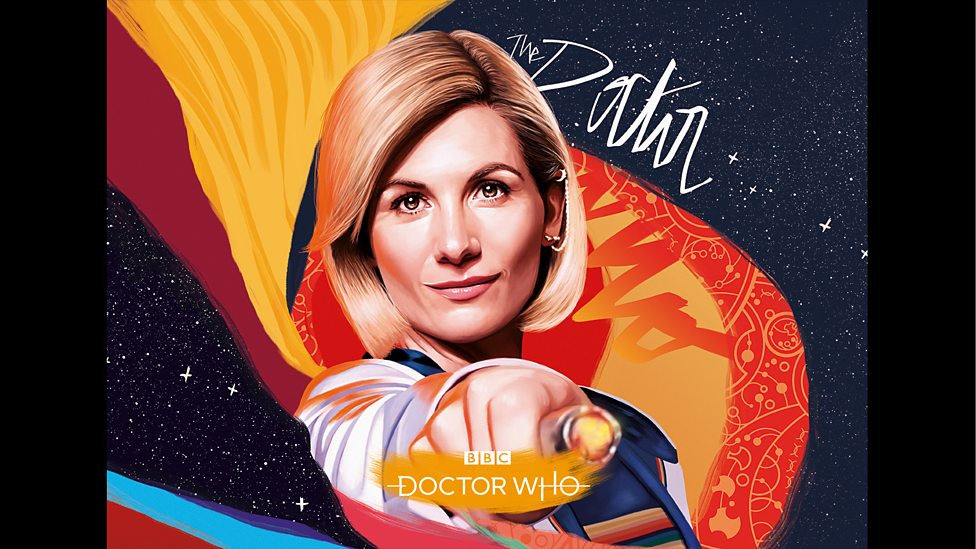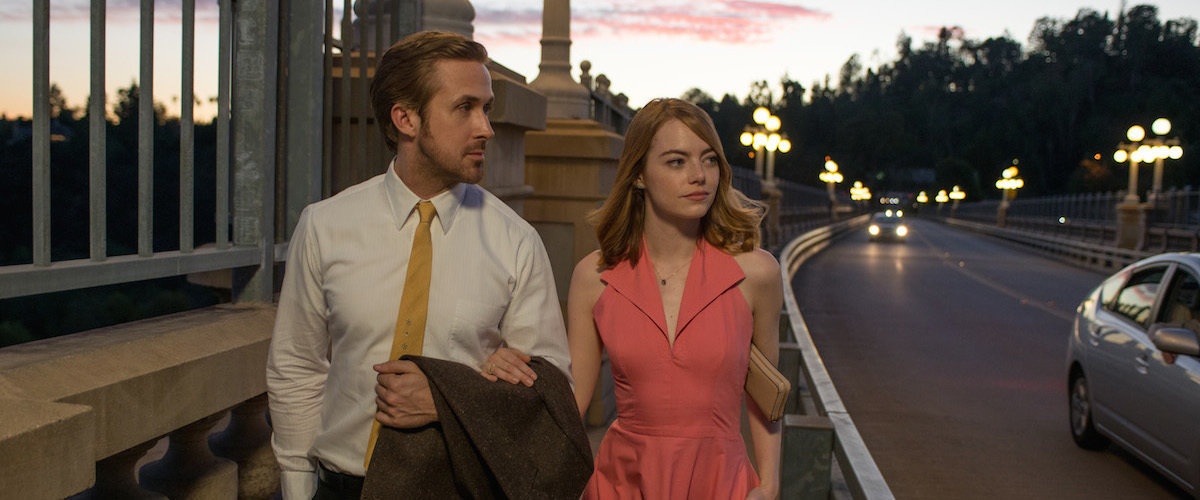
I am sat in the rather grand and glamorous Mandarin Oriental Hotel in Kensington. There is enough marble and gold here to please even the most luxurious of people, so it is a rather fitting place for me to meet the next in a long line of British actresses to play a monarch. Emily Blunt, who plays Queen Victoria in ‘The Young Victoria’, a new film chronicling her ascent to throne and her relationship with Prince Albert, sits down in front of me with her co-star Rupert Friend, Prince Albert, and the screenwriter, Julian Fellowes.
“I hated pink, I hated fairies and I used to hang out with boys. I never wanted to be a princess and I definitely wasn’t a girly girl,” she comments, but I doubt the same could be said about her now. She has turned out in a very fashionable grey dress and has clearly made an effort for all the members of the press she was to meet today. Rupert Friend, however, has dressed in a more informal way. He sits on the end with his hands tucked into his sleeves and seems far more concerned with the bowl of chocolates on the table in front of him than any of the questions he is being asked.
I turn my attention to Julian Fellowes for a moment, who won an Oscar in 2002 for his Gosford Park script. “I knew very little about the young Queen Victoria. I, like most others, knew the old grumpy queen,” comments Julian on his inspiration behind the film. Emily has very similar feelings, “She was the complete opposite of what I had imagined. She was a feisty, passionate young girl and I really wanted to play her.”
Emily is very well spoken with the typical charm of an actor but without the undertone of arrogance so often possessed by the more experienced members of the film industry. She had begun her career playing a number of characters in plays and films about royals so knows a lot about the kind of lives they had to lead. “Their lives were split in two, in the public sphere they were royals but you have to remember that they were people with real emotions too.” Rupert, who hadn’t said much yet, interjects: “One really nice moment in the film, to highlight this point, is when Victoria and Albert are playing as children in the hallway when suddenly a door opens and they instantly fall silent.”
The film has been scrupulously researched and Julian had done a lot of the background reading for it himself: “I know a lot about Victoria now. I was very upset at the line ‘enjoy your meal’…” a line spoken by King William during the film that does seem to stand out as a little uncharacteristic. Emily looks up. “What? That wasn’t in your script?” “No, it was not,” replies Julian firmly. “I really dislike modernisation in these historical films.” I have a feeling that Julian is referring to films such as Marie Antoinette: “This type of film should very truly represent the times.”
The conversation turns to the pressures of playing a British queen considering the success of Helen Mirren and Cate Blanchett, I wonder whether she had considered an award when making this film. She instantly looks a little uncomfortable at this suggestion: “I think this is a different type of film, I don’t really want to get bogged down in that ‘meat market’.”
The Young Victoria is a very good romantic film and some of the scenes between Victoria and Albert are, on the whole, made very well and convincingly acted. This doesn’t surprise me considering that Rupert Friend came to prominence for is role in Pride and Prejudice with, his current girlfriend, Keira Knightley. The film attempts to be more than just a romance though. There is a clear effort to make this a political drama as well but the politics fail to have you on the edge of your seat, although Paul Bettany, as Prime Minister Melbourne, gives probably the strongest performance of the film. “I looked at Victoria and Albert as two people in love” are Rupert Friend’s final comments, and maybe this is where the problem lies as they were far more than that, they were deeply complicated political figures as well.
The film is attempting to show how a family with a very glossy veneer, in reality, has a very gritty secret side. The Young Victoria, however, is a typical period drama and, as is customary with this type of film, it is shot in a very glossy way. If you enjoy a romance, then it will deliver – but if you are looking for a little more than that, then I would look elsewhere.




